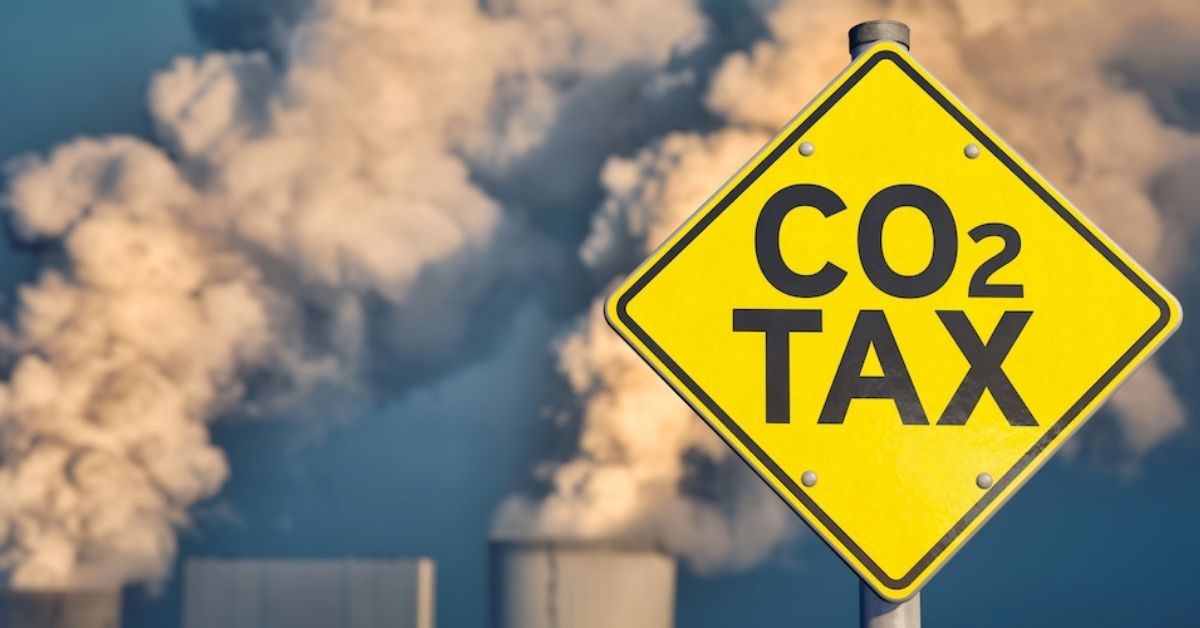Instead of paying carbon tax to the EU, India can develop its own carbon tax mechanism, advised the European Union. Currently, India is paying CBAM tax as it exports to the EU and in this process discussion is in progress between both the countries, said Piyush Goyal. He said CBAM will negatively impact EU as the cost of industrial and consumer goods will drastically increase.
The CBAM is a tariff on carbon-intensive imports, including steel, cement, and certain electricity products, entering the EU. Its objective is to encourage cleaner industrial production practices in non-EU countries. As part of the European Green Deal, CBAM will take effect in 2026, while the reporting requirements have already started in 2023. A report by the economic think tank Global Trade Research Initiative (GTRI) estimates that the CBAM could impose a 20-35% tax on specific imports into the EU beginning 1 January 2026. The main target will be companies in seven carbon-intensive sectors, including steel, cement, fertilisers, aluminium, and hydrocarbons. Notably, around 27% of India’s exports of iron ore pellets, iron, steel, and aluminium products are destined for the EU, with exports totalling $7.4 billion in 2023.







